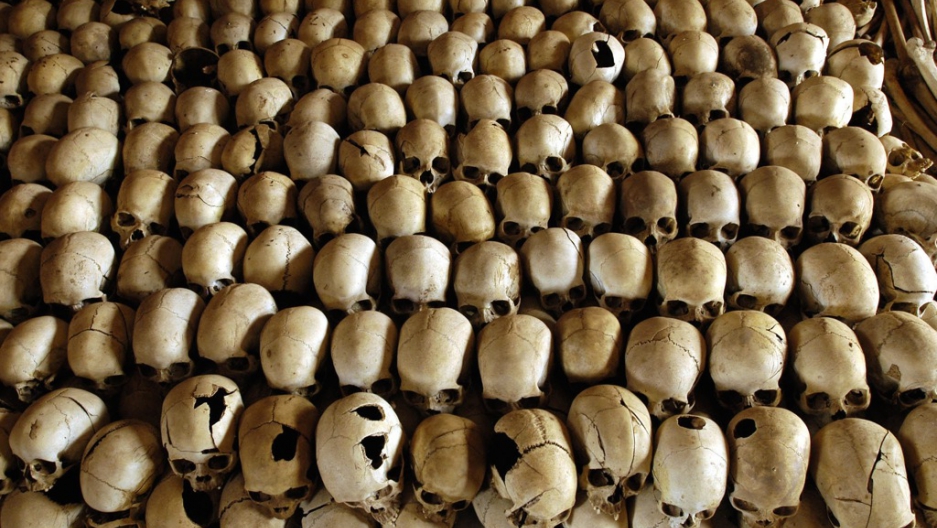Belgium convicts Rwandan officer over role in 1994 genocide
A Brussels court found a former Rwandan official guilty of genocide Thursday after hearing of his role in the 1994 massacres in his country.
Fabien Neretse, who protested his innocence, is the first person to be convicted in Belgium on such a charge and he now faces a possible life sentence.
The 71-year-old agricultural scientist was also convicted of “war crimes” for 11 killings in Rwanda, under Belgium’s code of universal jurisdiction for the most serious offences.
Neretse remained passive in the dock during the sentencing. He and the families of his victims will learn of his fate after a separate sentencing hearing on Friday.
His defence hung on questioning the credibility of the multiple witnesses called against him — but prosectors managed to prove that the exile has been living a lie for a quarter of a century.
Weapons supplier
During the trial, Neretse was accused of having ordered the murder of 11 identified civilians in Kigali and two in a rural area north of the capital in April and July 1994.
After 48 hours of deliberation, the jury cleared him of two of the Kigali killings, but found him guilty of 11 war crimes.
To demonstrate the more serious charge of genocide, the prosecutor cited Neretse’s appearance at public rallies urging fellow members of the Hutu ethnic group to slaughter the minority Tutsi community.
The jury accepted this account, based on multiple witnesses.
Belgium has already held four trials and condemned eight perpetrators of killings in its former colony, but Neretse is the first defendant to be specifically convicted of the most grave charge — genocide.
Neretse was a farming expert who founded a college in his home district Mataba, in the north of Rwanda.
Between 1989 and 1992 he was director of the national coffee promoter, OCIR-Café, a key post in one of Rwanda’s main export sectors.
He was seen as a local kingpin in Mataba, and a cadre in the former MRND ruling party of late president Juvenal Habyarimana.
But at trial he insisted he was an inactive party member and a friend to Tutsis.
“I will never stop insisting that I neither planned nor took part in the genocide,” he insisted on Tuesday, before the jury retired to contemplate its verdict.
He was arrested in 2011 in France, where he had rebuilt a professional life as a refugee, and he has spent only a few months in protective pre-trial custody.
Under a 1993 law, Belgian courts enjoy universal jurisdiction to prosecute genocide, war crimes and crimes against humanity wherever they took place.
If he has now finally been brought to book, it is large measure thanks to the determination of 70-year-old Belgian former EU civil servant Martine Beckers.
Beckers’ sister, brother-in-law and 20-year-old niece were shot dead by a gang linked to Neretse.
Ice cream parlour
Their killings took place three days after the assassination of Hutu president Habyarimana, the start of a genocidal campaign that would leave 800,000 Tutsis and moderate Hutus dead.
Beckers made a formal complaint to the Belgian federal police in 1994, and in the years since — working with Rwandan witnesses and human rights groups — she believes she has traced the instigators.
Magistrates have been compiling evidence in the case for 15 years and the fact that it came to trial “owes a lot to her determination” her lawyer Eric Gillet said before the hearings.
Talking to AFP at her home in Ottignies-Louvain-la-Neuve, south of Brussels, Beckers described her struggle as a “joint combat” on behalf of all of the massacre victims.
“I was in an excellent position, being Belgian, with my family and my life here. It’s very different for the refugees,” she said.
“There needs to be justice,” she said. “Those who planned, organised and executed this genocide must be punished. If not here, then where?”
Before the trial began in November, she showed AFP photos of the ice cream parlour her sister Claire ran in Kigali and of Claire’s daughter Katia in a karate uniform, shortly before her murder.
(AFP)





